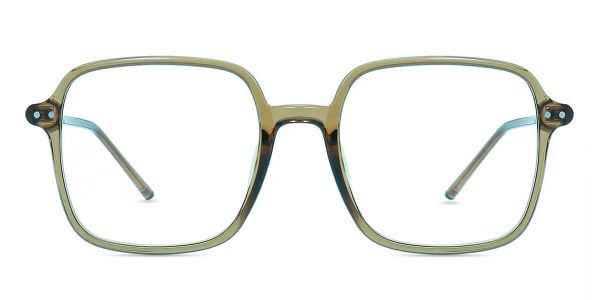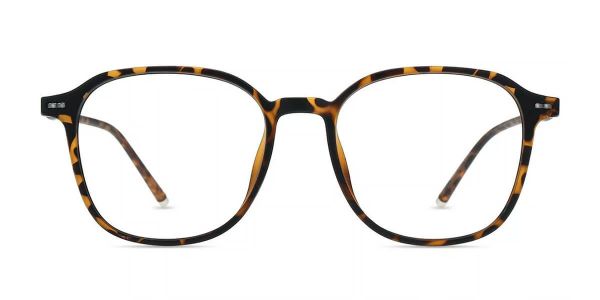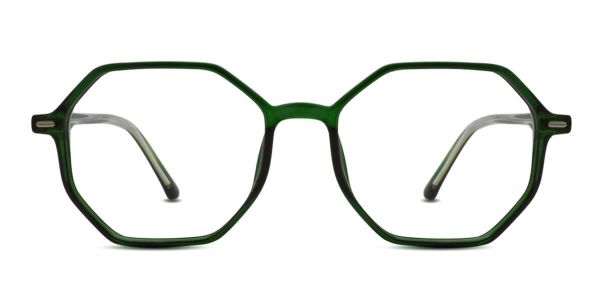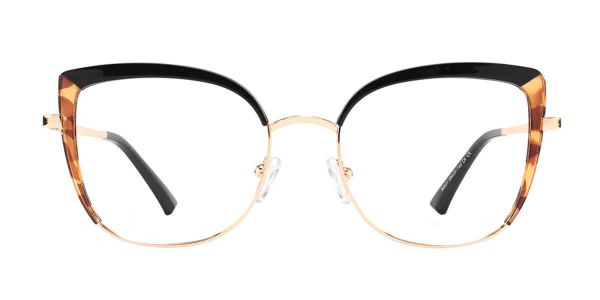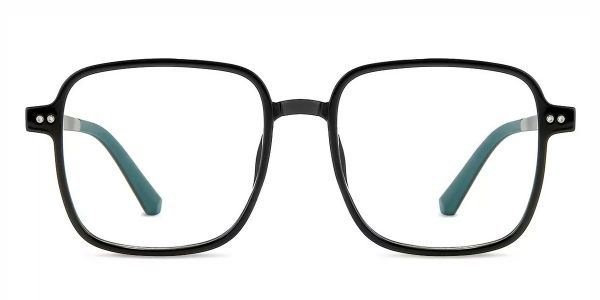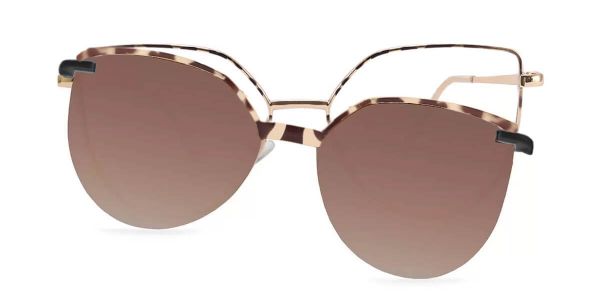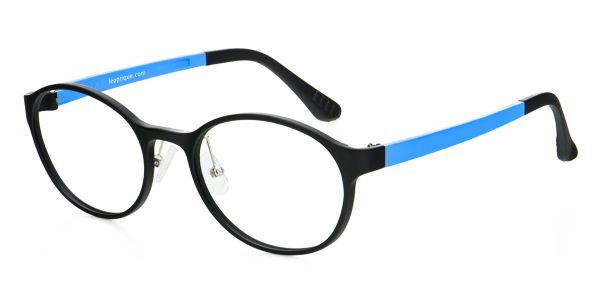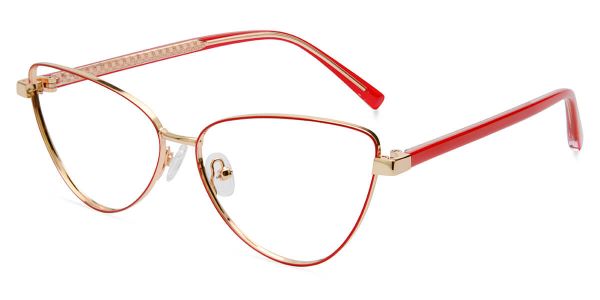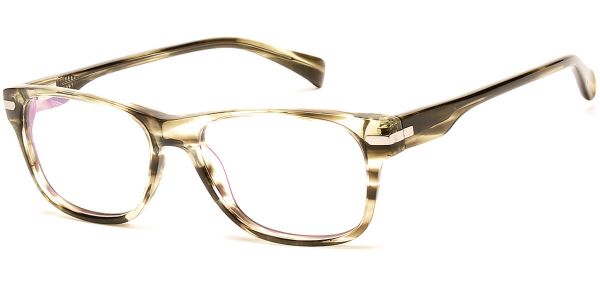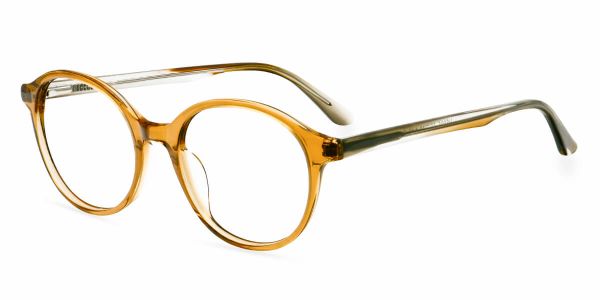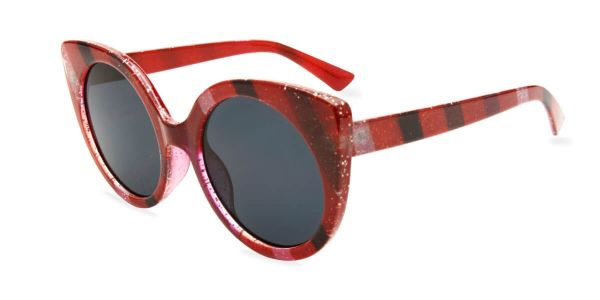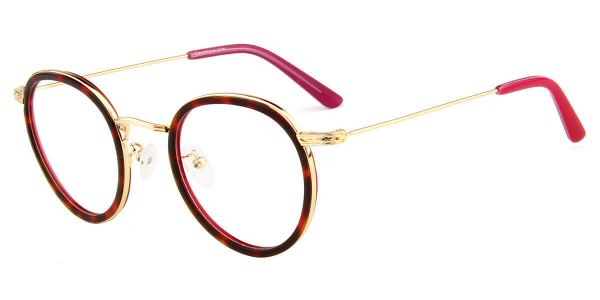
The answer to this question,
Experienced leoptique has summarized the following steps for you:
First of all, glasses are different from ordinary goods.
You should know the following when you buy:
1 functionality
The most important function of the glasses is to solve the vision problems, to make your vision clearer, and also to protect the function.
2 usage rate
A pair of glasses are worn on the face for at least 12 hours a day, and most wearers only have one pair of glasses, basically wearing the same pair every day. Clothes are often changed, bags are not always carried, and the frequency of use of glasses is the longest. The quality of the glasses is especially critical to ensure wearing comfort and longevity.
3 aesthetics
Glasses are the only accessories on our face, and its importance to a person's image is self-evident.
Subsequently,
You need to consider where to choose glasses.
Optical shops are generally divided into two categories:
● Professional store
These stores highlight the professionalism of optometry and optician; most are equipped with a full set of eye examination equipment and senior professionals, good at solving some intractable diseases, such as juvenile myopia, high myopia, high astigmatism and senile visual impairment.

● Fashion store
This type of shop highlights the fashion of glasses; brings together the current trend of the brand and the glasses of the popular designer, the style is updated with Europe, America, Japan and South Korea; here is the opportunity to find glasses style that is different and distinctive.

The two stores are not good or bad, but the focus is different from the needs of the crowd. After understanding the store classification, you can make your choice according to your needs.
The focus is on, with a pair of suitable glasses,
Must be accurate,
This will achieve the purpose of visual clarity.
The optometry prescription is the first factor in determining the optician; whether you are nearsighted or farsighted, high or low, with or without astigmatism, these will affect the choice of frame.
For example, when you are highly myopic, it is not recommended to choose a larger frame type, otherwise the edge of the lens will appear thick, and the entire pair of glasses will be top-heavy.
Simply put, optometry is generally divided into two parts:
The first is the basic refractive examination, which is the daily measurement of "measuring your degree";
The second is visual function check; this test can determine whether you have other visual problems besides refractive error (also known as myopia, hyperopia, astigmatism), such as some people tend to see fatigue, some people lack stereo vision, these are It can be diagnosed by examination and given the corresponding solution.
After having a prescription for optometry,
You can choose the frame!
First of all, you have to ask yourself:
>When will I use this pair of glasses?
>What role does it play?
Determined the life scene and the purpose of use,
Inform the optician of these needs,
Let them give you some professional advice.
There are important considerations when selecting a frame:
●Frame material

There are a variety of frames available on the market, depending on your needs. For example, if you wear a pair of glasses for a long time, then "light" is the first choice, which can reduce the wearing pressure; titanium material, carbon fiber, tungsten-titanium, TR90, bio-steel and relatively slim design are all lightweight materials.
●Frame size
Glasses are the same size as clothes, and improper size means uncomfortable wearing. Too big to slip, too small will cause pinching on both sides of the face, causing various discomfort. So the width of the pair of glasses you choose should be the same as the width of your face, so that it will be comfortable.

If you are a person who wears glasses for a long time, there are also requirements for the appropriateness of the glasses. You can remember this principle: divide the distance from the bottom of our eyebrows to the chin into three equal parts. The selected frame height is less than or equal to one-third of the distance from the eyebrow to the chin!
After selecting the frame,
Then choose the lens,
As an important part of glasses,
The importance is self-evident.
Decide which lens you choose from two aspects:
● Your prescription
The prescription is your optometry result. All the above parameters are important basis for your choice of lenses. The optometrist will help you analyze the results according to the inspection results and will give you professional advice.

● Your use

There are many types of lenses, because each person's purpose and needs are different. For example, long-term close-up work eyes can easily choose anti-fatigue lenses; middle-aged and elderly people choose progressive multifocal lenses for convenience of life; and color-changing films, anti-blue lenses, etc., are all related to personal needs. At this time, you should tell your optometrist or optician about your real needs and ideas so that they can give you advice in a targeted manner.
Finally, leoptique wants to say,
Choosing lenses must pay attention to quality.
Don't just care about the price and ignore comfort and health.

